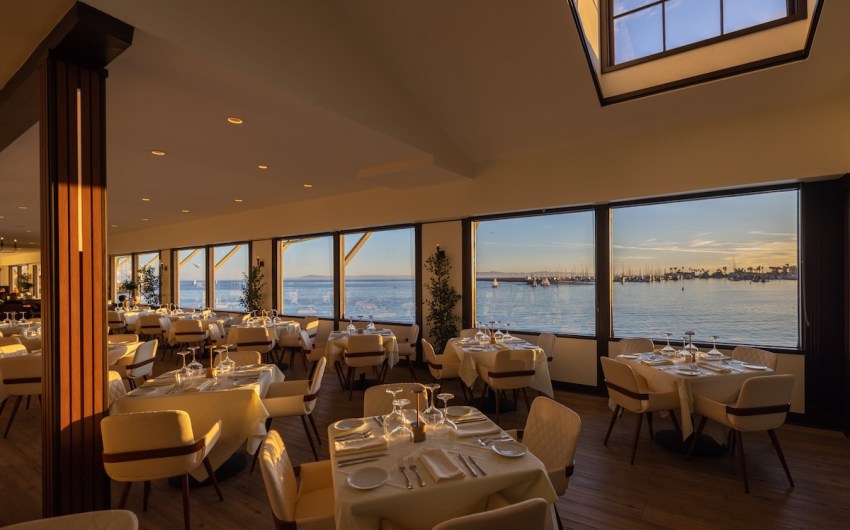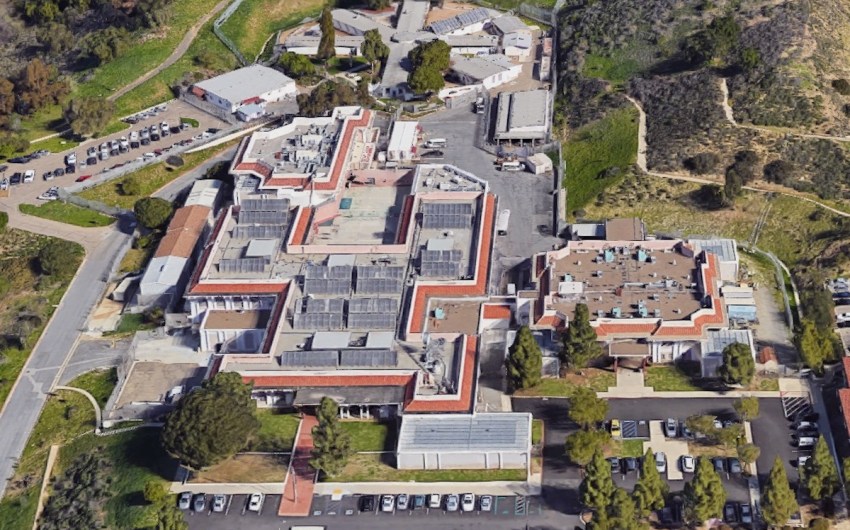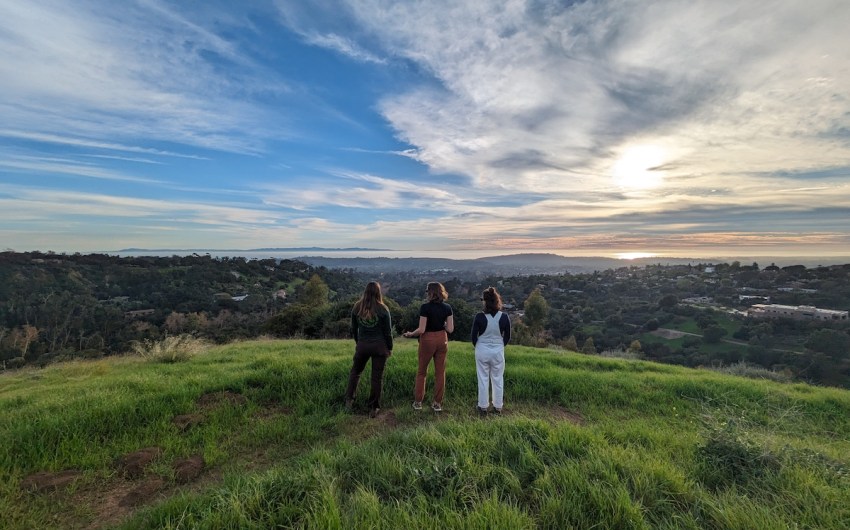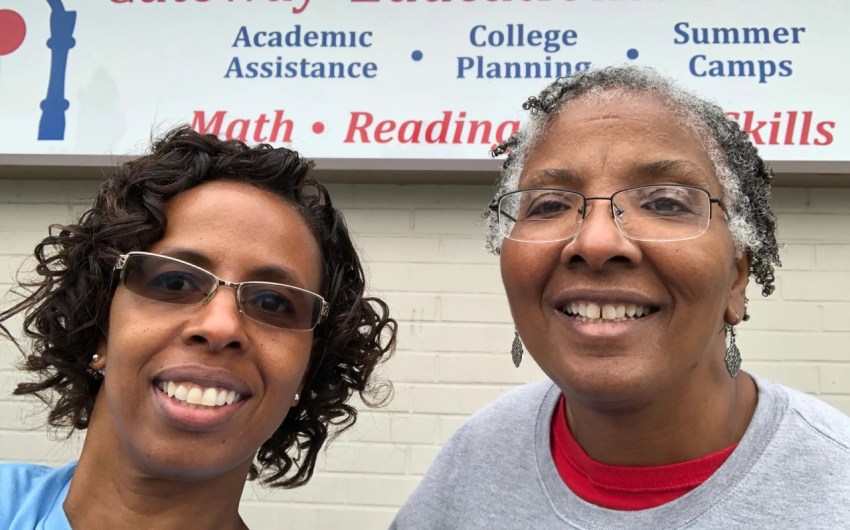
Several months have transpired since the unexpected passing of my friend Dick Ross. I’ve taken that long to rediscover serenity. My self-serving plan to avoid using gratuitous, well-meaning clichés when penning this remembrance went out the window the moment I sat down to think about the life of this extraordinary man. All of them apply, and let me add others: peripatetic, voraciously inquisitive, exuberant, generous, and kind-hearted.
Richard A. Ross was born in Orange County, California, in 1943, but he grew up on Long Island and in Manhattan. Restless, intellectually curious, and possessed of uncommon energy, he lit up every room he entered. Even at 80, such was his vitality that it animated everybody in his orbit; when he departed, we all fell down. Indeed, his passing in March made us realize how much his spirit had lifted us.
From birth, he displayed an intense curiosity in the road never traveled, and it took him to unheralded interests, uncommon hobbies, novel things to collect, and the world’s remote corners: Africa, Australia, Borneo, Bhutan, China, India, Madagascar, Papua New Guinea, and Central and South America.
He was deeply involved with snakes. Little was known about how to keep them when Dick was a teen, but he attended meetings of the local society to learn. There he met Gerald Marzec, and the two became lifelong friends. They joined forces to travel to the world’s far-flung places and co-authored seminal books on the bacterial diseases of reptiles and on breeding boas and pythons in captivity to help stem the tide of thefts from the wild. These led to widespread recognition for husbandry and conservation, and awards from the herpetological community.
Ross later explored the mysterious lives of tropical freshwater stingrays and authored two well-received books about them. Typically, he made important advances in stingray husbandry and reproductive biology. He was honored in China at a conference and is still considered the godfather of freshwater stingrays.
Richard completed education and medical degrees at Tufts University in 1969 and became a board-certified pediatrician. This was followed in California by a Master of Public Health degree. He settled in Atherton and worked for many years both as a pediatrician and treating farm workers at a clinic in the Palo Alto area. As medicine grew corporate and monetized, Ross wearied of the dictums of the insurance industry controlling how much time doctors could spend with their patients and the increasingly burdensome paperwork. An inheritance enabled him to retire and pursue his passions.
As a youngster, Richard visited the abandoned grounds of an estate near his home and there developed an abiding interest in rare plants and horticulture. His Atherton residence housed a world-class collection of ancient, cone-bearing cycads. An unprecedented freeze damaged many of them and this, plus an invitation from the Santa Barbara Zoo to develop their herpetology exhibit, resulted in a move south.
His home in Montecito became a veritable botanical garden with huge aquariums for freshwater stingrays and snakes. He collected Tiffany glass, exotic plants, guitars, and pinball machines and volunteered at a neighborhood clinic. Richard designed a guest house that blended seamlessly with his 1930s Spanish Colonial Revival–style house designed by architect Reginald Johnson.
Fluent in Spanish and French, Richard continued globetrotting. And he lectured widely, providing rare pythons he bred to zoos around the country. When stateside, he indulged his passion for music by taking his Martin D-28 acoustic guitar to the Boatyard Pub in Ventura, where he played in Jim Friery’s “Bottom Feeders” bluegrass group. Richard was an auspicious volunteer and supporter of Lotusland and led humorous, highly educational tours of the gardens there. The staff recognized him as a devoted plantsman, collector, and contributor.
Richard is survived by a brother, noted sinologist Robert A. Ross, and a sister, artist Carol Ross. From his marriage to Catherine, Richard leaves stepdaughter Lauren Noon, daughter Rachael, and son David (who with wife, Nadia, gave him his granddaughters, Sierra and Sofia). When Richard met and married landscape designer Maury Treman, he found his true soulmate, and the two (or was it one?) avidly pursued life and the love of horticulture. Indeed, at the time of his death, they were planning to join me in Peru, where, despite chronic vision problems, the indefatigable Ross was eagerly anticipating adventures. We’ll make that trip, because he wants his ashes spread in the Amazon.
Richard and I met 50 years back over snakes, but our bond was in exploring. Last month, I retraced steps we had taken many times in Peru, and I felt him everywhere I went. I think he left this world a happy man: happy over his audacious and talented children; happy with his legacy; and delighted with the priceless time he was able to spend with Maury, the person who completed him. Last week, I watched an iridescent Peruvian hummingbird deeply sampling a flower before rapidly flitting to the next, just like Richard led his life. I loved Dick Ross, and I miss him every day.










